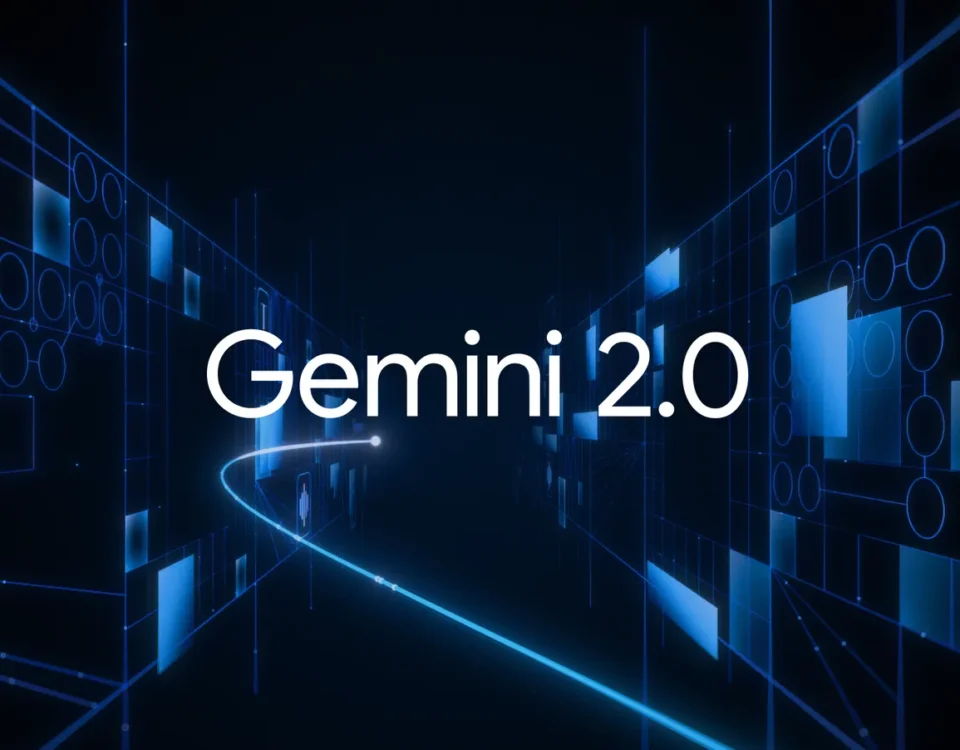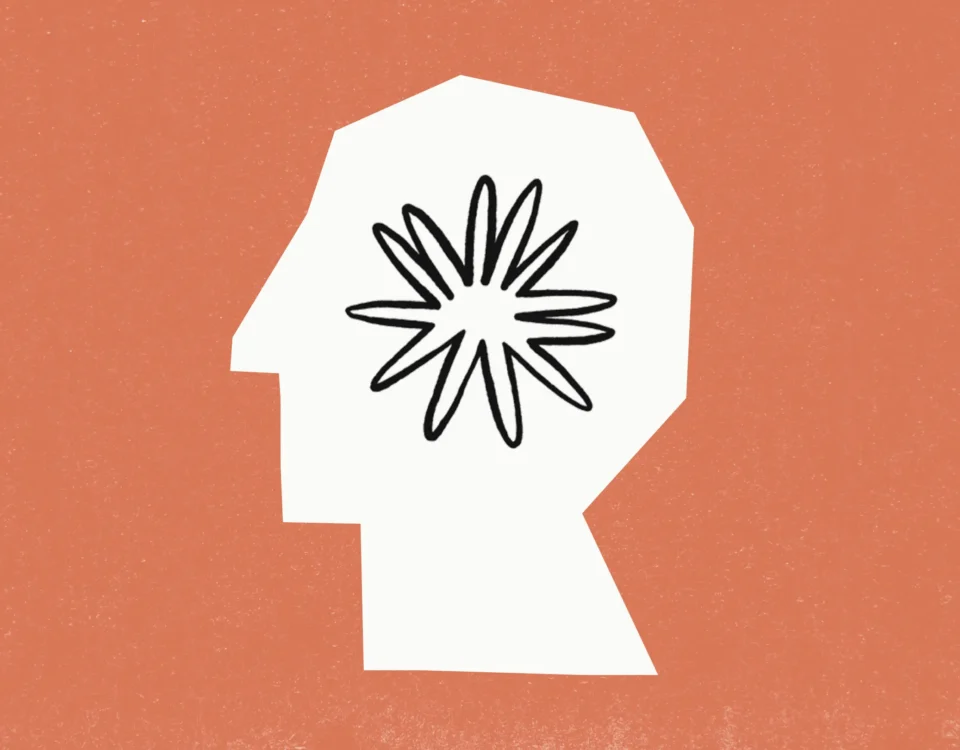Update: LastAI has been upgraded to Version 3.3.0.
December 6, 2023
Authors Confront the Surge of AI-Generated ‘Scam’ Books on Amazon
March 14, 2024The European Union’s parliament has endorsed the world’s first significant regulatory framework to govern artificial intelligence, marking a pioneering move in tech regulation. This approval came with 523 votes in favor, 46 against, and 49 abstentions. Thierry Breton, the European Commissioner for the internal market, hailed Europe as setting a global standard in AI regulation.
Roberta Metsola, the President of the European Parliament, praised the act as groundbreaking, highlighting its potential to foster innovation while protecting fundamental rights. Dragos Tudorache, a lawmaker involved in the negotiations, welcomed the agreement but pointed out that the biggest challenge would be its implementation.
Introduced in 2021, the EU AI Act classifies AI technologies into categories based on their risk levels, from “unacceptable” risks, which will lead to bans, to high, medium, and low risks. The legislation is set to be enforced after the final approvals by the end of the legislative period in May, with a phased implementation starting from 2025.
Some EU countries had previously advocated for self-regulation to avoid potentially stifling governmental controls, expressing concerns about hindering Europe’s ability to compete with Chinese and American tech firms. Notably, Germany and France, homes to many of Europe’s promising AI startups, were among the detractors.
The EU has been keen to keep up with the consumer impact of technological advancements and the dominance of key industry players. This act is part of broader efforts to regulate the tech industry, including recent landmark competition legislation aimed at curbing the influence of major US tech giants and ensuring a fairer digital market.
References




